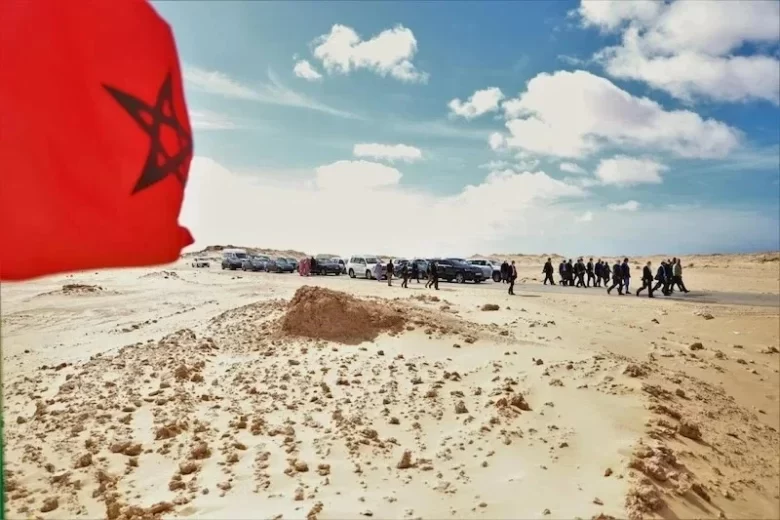Hardline judiciary chief Ebrahim Raisi has won Iran's presidential election, the Interior Ministry said on Saturday, after the majority of votes were counted and rivals conceded.
Raisi, a 60-year-old arch-conservative cleric who is said to be close to Iran's supreme leader, Ayatollah Ali Khamenei, is set to succeed moderate President Hassan Rowhani.
The new president is to be sworn in in August.
Raisi would mark a significant change in direction for the government in Iran after eight years under Rowhani, who could not run following two terms in office.
Raisi received at least 17.8 million votes, a spokesman for the Interior Ministry said Saturday, out of a total of 28.6 million votes cast on Friday. Final results are expected later this weekend.
State TV described it as a "landslide" victory in the election, which was marred by low voter turnout in the country of 83 million people, many of whom saw the contest as rigged in Raisi's favour.
Raisi's main rival Abdolnasser Hemmati, a moderate central banker, gave a concession on Instagram after media reports had put Raisi beyond reach in early results following Friday's poll.
There were only four candidates in the race, down from the initial seven, after the electoral body eliminated several without further explanation - many of whom were considered serious contenders for the office - triggering fierce protests in the run-up to the poll.
There are a host of major challenges facing Iran, not least of which are the Western sanctions that have crippled the economy.
Raisi will now have a say on the future of the 2015 nuclear agreement Iran struck with world powers. Talks to revive the accord - which could see sanctions lifted in return for Iran curbing its nuclear programme - have been under way in Vienna for months.
Iran will have to reach a new understanding with the United States in order for the sanctions to let up, and it is not clear what course Raisi will chart in those negotiations.
For the past three decades, Raisi has served in the judiciary, first as a prosecutor, later as a judge and, since 2019, as head of the judiciary.
He also ran for president four years ago, but lost to Rowhani. This time, he was the top candidate of the hardliners, as well as the establishment's preferred president, so his victory was relatively clear in advance.
For Iran observers, the formation of his cabinet after he is sworn in in August will give a better indication of the tone of the next four years. The posts of foreign minister and chief nuclear negotiator will be closely watched.
Reformers, however, accuse him of wanting to restrict social freedoms, the internet and women's rights. Raisi is also said to have been responsible for the imprisonment, and even execution, of several Iranian dissidents when he was prosecutor general. Raisi has denied these accusations several times during the election campaign.
Source: DPA






